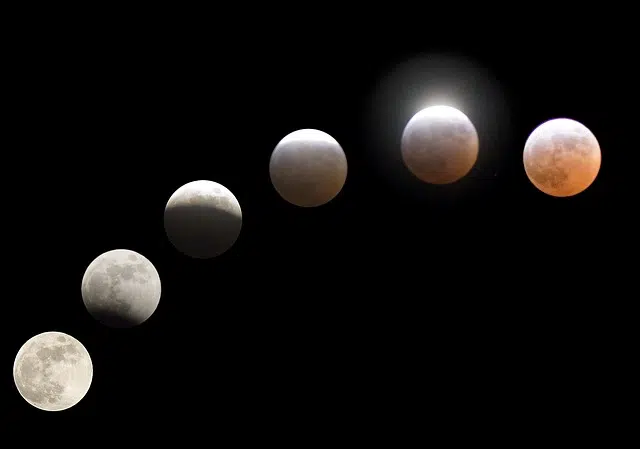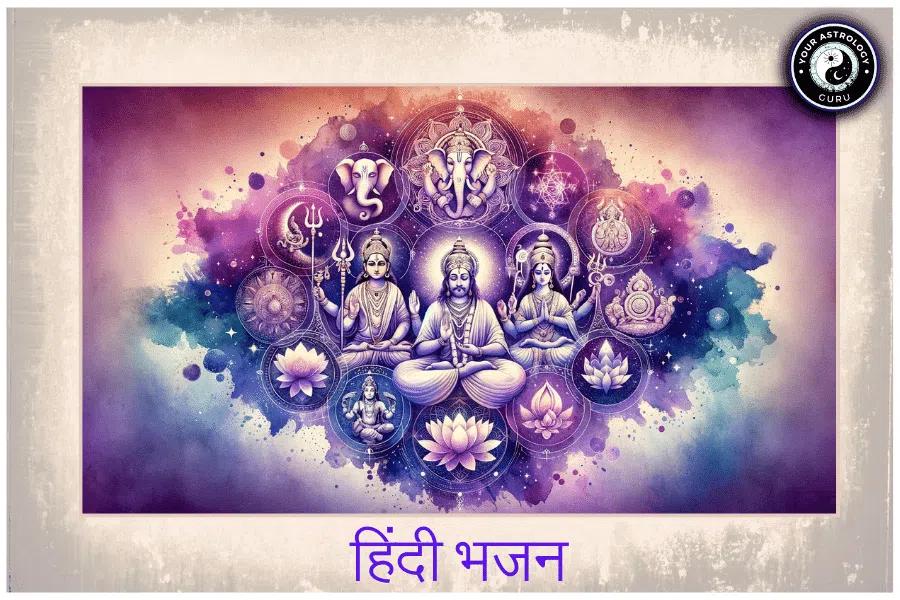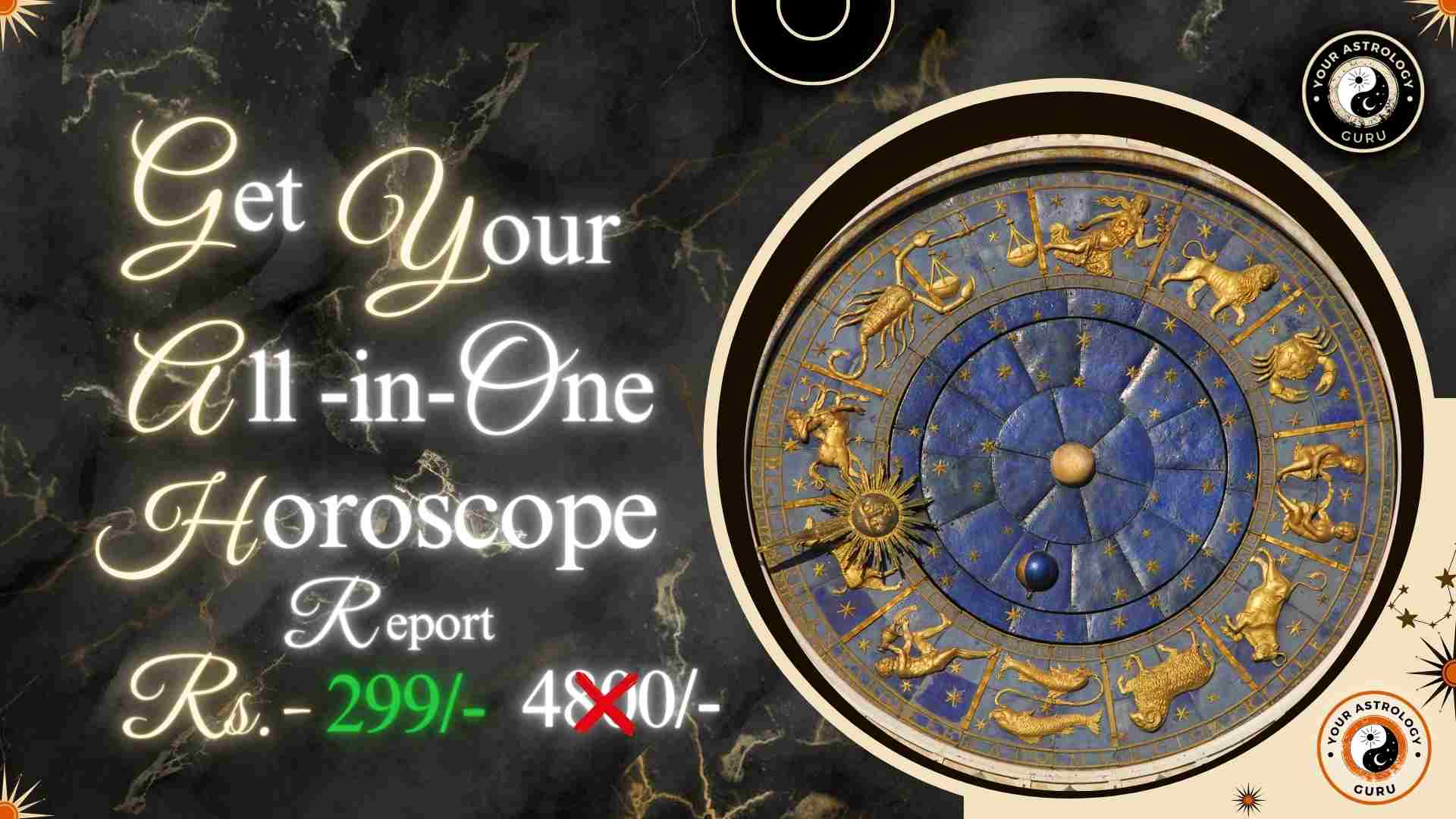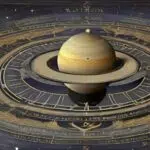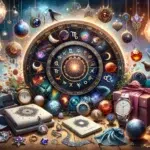Table of Contents
What is a Lunar Eclipse?
Definition and Explanation
A lunar eclipse is a celestial event that occurs when the Earth comes between the sun and the moon, causing the Earth’s shadow to cover the moon partially or completely. This phenomenon happens only during a full moon when the three celestial bodies are aligned in a straight line. The Earth blocks the sunlight from reaching the moon, leading to a dimming or darkening of its surface.
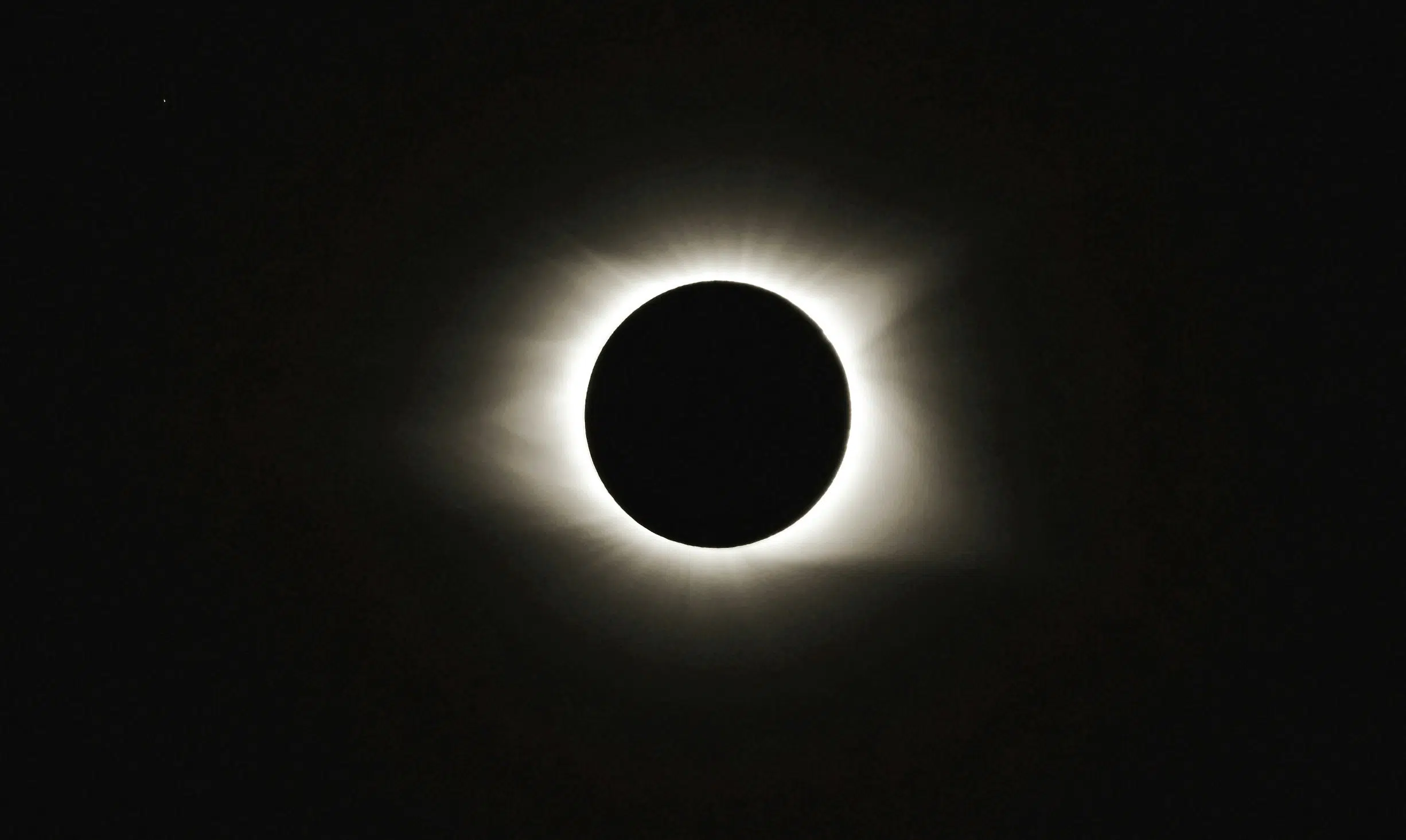
Phases of a Lunar Eclipse
Lunar eclipses have various phases, including the penumbral, partial, and total phases. During a penumbral eclipse, the moon passes through the Earth’s penumbra, resulting in a subtle dimming of the lunar surface. In a partial lunar eclipse, only a part of the moon is covered by the Earth’s umbra. A total lunar eclipse occurs when the entire moon enters Earth’s umbra, leading to a striking reddish hue known as the “blood moon.”
How Does a Lunar Eclipse Differ from a Solar Eclipse?
While a lunar eclipse occurs when the Earth blocks the sunlight from reaching the moon, a solar eclipse happens when the moon comes between the sun and the Earth, casting a shadow on the Earth. Solar eclipses can be total, partial, or annular, depending on the alignment of the sun, moon, and Earth.
Types of Lunar Eclipses
Total Lunar Eclipse
A total lunar eclipse occurs when the Earth’s umbra completely covers the moon, creating a mesmerizing sight of the moon turning red during the eclipse. This phenomenon occurs when the sun, Earth, and moon are perfectly aligned.
Partial Lunar Eclipse
In a partial lunar eclipse, only a portion of the moon enters the Earth’s umbra, resulting in a partial darkening of the lunar surface. This type of eclipse is visible in specific regions depending on the alignment of the celestial bodies.
Penumbral Lunar Eclipse
A penumbral lunar eclipse occurs when the moon passes through the Earth’s penumbra, causing a subtle darkening of the moon’s surface that may be challenging to observe without specialized equipment.
Observing Lunar Eclipses
Best Time and Locations for Eclipse Observations
The best time to observe a lunar eclipse is during the night when the eclipse is expected to occur. The visibility of the eclipse depends on the geographic location of the observer and the phase of the eclipse. Some ideal locations for eclipse observations are areas with clear skies and minimal light pollution.
Tools and Equipment Needed for Viewing
To observe a lunar eclipse clearly, astronomers often use telescopes to get a closer look at the moon’s surface during different phases of the eclipse. Additionally, specialized filters may be needed to enhance the visibility of the lunar disk and the Earth’s shadow.
Significance of Observing Lunar Eclipses
Observing lunar eclipses is not only a fascinating experience but also provides valuable insights into celestial phenomena and the interactions between the Earth, moon, and sun. It allows astronomers to deduce information about the atmosphere of Earth and the moon based on the lunar eclipse observations.
Celestial and Astronomical Significance
Cultural Beliefs and Myths Surrounding Lunar Eclipses
Throughout history, lunar eclipses have been associated with various cultural beliefs and myths in different societies. Some view lunar eclipses as omens or signs of significant events, while others see them as a time for spiritual reflection.
Astronomical Implications of Lunar Eclipses
From an astronomical perspective, lunar eclipses provide astronomers with valuable data about the positioning of celestial bodies and the Earth’s atmosphere. Studying lunar eclipses helps in understanding the dynamics of the Earth-moon-sun system.
Future Predictions and Upcoming Lunar Eclipses in 2023
In 2023, there are several lunar eclipses scheduled to occur, offering astronomers and skywatchers alike the opportunity to witness these celestial events firsthand. By predicting lunar eclipses, astronomers can plan research activities to study the phenomena in detail.
Impact of Lunar Eclipses on Astrology
Historical Connection Between Lunar Eclipses and Astrological Interpretations
Lunar eclipses have had a historical connection to astrology, with many ancient civilizations attributing mystical significance to these celestial events. Astrologers often interpret lunar eclipses as indicators of transformation and change in various aspects of life.
Interpretations of Lunar Eclipses in Various Astrological Practices
Different astrological practices interpret lunar eclipses in unique ways, associating them with specific zodiac signs or planetary alignments. Some believe that lunar eclipses influence human emotions and behaviors, leading to introspection and personal growth.
Role of Lunar Eclipses in Astrological Forecasts
Astrologers frequently incorporate lunar eclipses into their forecasts to predict potential shifts in energy and events that may unfold during or after the eclipse. Lunar eclipses are considered pivotal moments for understanding cosmic influences on individual and collective experiences.
FAQ: Understanding Lunar Eclipses and Celestial Phenomena
What is a Lunar Eclipse?
A lunar eclipse occurs when the Earth positions itself directly between the sun and the moon, casting a shadow on the moon. This celestial event can only happen during a full moon when the sun, Earth, and moon are precisely aligned.
What Are Solar and Lunar Eclipses?
Solar and lunar eclipses are significant celestial events. A solar eclipse happens when the moon passes between the Earth and the sun, blocking the sunlight. On the other hand, a lunar eclipse occurs when the Earth blocks sunlight from reaching the moon.
How Can I Observe a Lunar Eclipse?
Lunar eclipses are visible from anywhere on Earth’s night side. Unlike solar eclipses, lunar eclipses can be safely observed with the naked eye, binoculars, or a telescope without any protective eyewear.
What Does the Moon Look Like During a Lunar Eclipse?
During a total lunar eclipse, the moon can appear red or copper-colored due to sunlight filtering through Earth’s atmosphere. This effect is often referred to as a “Blood Moon.”
What is the Significance of Lunar Eclipses?
Lunar eclipses have historical significance in various cultures and are important for scientific research, providing insights into Earth’s orbit, the moon’s surface, and interplanetary dust.
Can Lunar Eclipses Affect the Earth?
While lunar eclipses are fascinating to observe, they have no direct impact on Earth. They do, however, offer opportunities for scientific study and cultural observations.
How Long Can a Lunar Eclipse Last?
The duration of a lunar eclipse can vary. A total lunar eclipse can last up to several hours from the beginning of the partial eclipse phase to the end, with totality itself lasting up to approximately 1 hour and 40 minutes.
Why Do Lunar Eclipses Not Occur Every Month?
Lunar eclipses do not occur every month due to the tilt of the moon’s orbit around Earth. The moon’s orbit is inclined about 5 degrees to Earth’s orbit around the sun, causing it to usually pass above or below Earth’s shadow.
What Are Partial and Total Lunar Eclipses?
A partial lunar eclipse occurs when only a portion of the moon enters Earth’s umbra (the central, darkest part of its shadow). A total lunar eclipse happens when the entire moon passes through the umbra, completely covered by Earth’s shadow.
How Do Solar and Lunar Eclipses Differ?
The main difference between solar and lunar eclipses is their celestial alignment. A solar eclipse occurs when the moon stands between the Earth and the sun, while a lunar eclipse happens when the Earth is positioned between the sun and the moon.
